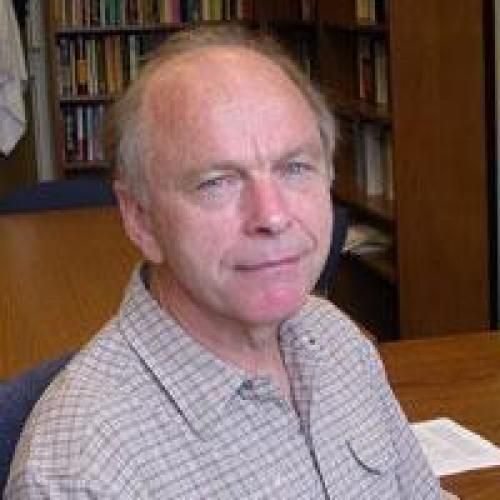
Race and formal volunteering: The differential effects of class and religion
Despite recent gains in educational and occupational achievement, black Americans are still worse off than whites across a broad range of quality-of-life indicators. In this article, we analyze survey data on volunteering, which show that whites volunteer more than blacks. We ask how much of this difference is due to the way human capital is distributed in the population. We then develop a resource theory of volunteering that acknowledges that, besides human capital, social and cultural resources play a role in making volunteer work possible. Black Americans tend to be better endowed with these kinds of resources than whites, which partially compensates for their shortage of human capital. However, blacks are less likely than whites to be asked to volunteer and less likely to accept the invitation if it is made. In the second stage of our analysis, we ask whether there are different pathways to volunteering for blacks and whites. We find that, for all kinds of volunteering except the entirely secular, black volunteering is more influenced by church attendance than is white volunteering, a reflection of the more prominent role of the black church in its community, while socioeconomic differences have a smaller impact on black volunteering. Among volunteers for secular activities, church attendance has a negative effect on volunteering, but only for whites.
Duke Scholars
Published In
DOI
ISSN
Publication Date
Volume
Issue
Start / End Page
Related Subject Headings
- Sociology
- 4410 Sociology
- 1608 Sociology
Citation

Published In
DOI
ISSN
Publication Date
Volume
Issue
Start / End Page
Related Subject Headings
- Sociology
- 4410 Sociology
- 1608 Sociology

